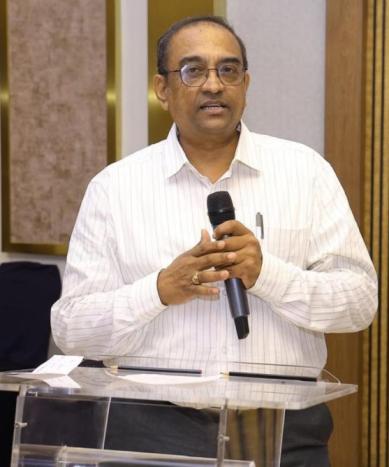Case Law Details
Case Name : Ganapathi Pandi Industries Vs Assistant Commissioner (State Tax) (FAC) (Madras High Court)
Related Assessment Year :
Courts :
All High Courts Madras High Court
Become a Premium member to Download.
If you are already a Premium member, Login here to access.
Sponsored
Ganapathi Pandi Industries Vs Assistant Commissioner (State Tax) (FAC) (Madras High Court)
Retrospective Amendment to ITC eligibility – Insertion of Section 16(5) & 16(6) of the CGST Act 2017: A Comprehensive Legal Analysis after the recent decision of the Honourable Madras High Court.
A: Preface: Understanding the Regulatory Landscape
1. The contemporary indirect taxation ecosystem in India represents a dynamic interplay of legislative frameworks, judicial interpretations, and evolving regulatory m
Please become a Premium member. If you are already a Premium member, login here to access the full content.
Sponsored
Kindly Refer to
Privacy Policy &
Complete Terms of Use and Disclaimer.





